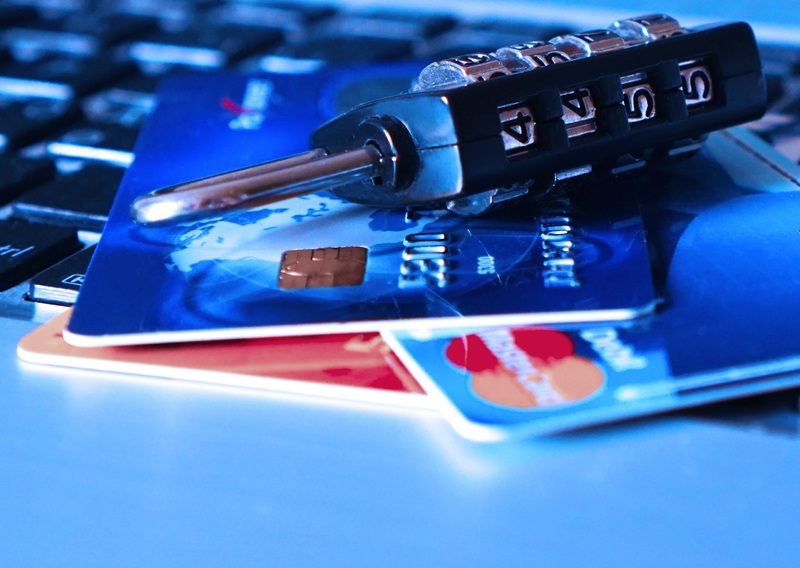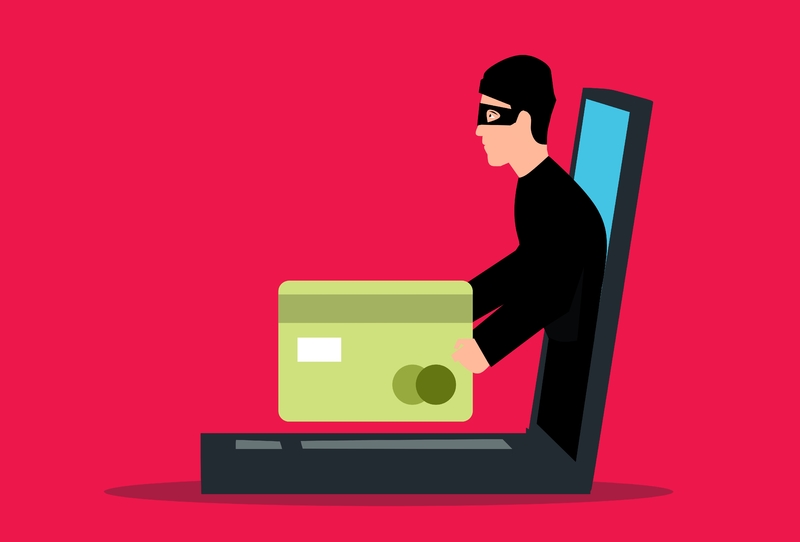A business needs to protect its customers from identity theft, not only because it can significantly impact your customers’ lives, it can have severe effects on your business as well. If it’s shown that consumer data was stolen from your business, the legal ramifications for you and your business could include numerous fines and penalties.
It’s certainly in your best interests to protect your customers’ personal data, and protecting your customers’ data means protecting your own as well, so it’s a win-win situation. In this article, we’ll share an overview of some recommended practices for this purpose.
Establish a culture of digital security
The promotion of digital security ethics begins at the top of the command chain, and if you can’t remember to change your own passwords, you can’t expect your employees to follow suit. Becoming more knowledgeable in cybersecurity yourself will help you to share this knowledge with your employees and be received as a positive leader.
You can take advantage of various identity theft protection technologies and software available to make digital security easier. Because malware and physical attackers cannot readily copy externally hosted files to a flash drive, you may also want to consider the security benefits of cloud storage solutions for businesses rather than basic consumer platforms.
You also need to look at how your information is accessed and the hierarchy of access privileges within your network. It would help if you made sure that everyone knows how to access and write data to shared drives. If employees need to look up confidential information, document where they are and ensure they use a secure network or a cloud account with a strong security certificate.

Automatic software updates
Many cybercriminals get access to computers by exploiting known security flaws in your operating system software. You can relax knowing that your software is up to date and has the most recent security upgrades, which fix known software issues.
Always keep your computer’s operating system and security applications up to date. Automatic updates can be a pain to remember if you’ve disabled them, so try to strike a balance such that your business computers are updated automatically at night and shut down automatically after the updates are complete.
If your business has a policy of allowing employee devices to access confidential information, you should also make sure that your employee’s personal devices have the latest security updates. Many companies in the past opted not to allow any BYOD (bring your own device) policies exactly because of these complex security considerations. Still, in the age of remote work, employees must be working from secured stations.
Go as paperless as possible
Criminals may attempt to intercept your physical mail in search of documents needed in fraud. When using 100% digital formats, the window of opportunity for physical mail thieves to intercept your business’ mail is effectively closed shut. It goes a bit beyond just using your email more often, so be sure to read some tips on how a small business can go paperless.
However, once you go digital, you must focus on cybersecurity measures and become more aware of them, which we shall discuss more. If going paperless is not an option in your firm, you should invest in a good paper shredder.
Criminals may try to intercept your physical mail in search of fraudulent documents. Many businesses may not employ 100 percent digital technology since dealing with fewer people is a preferable option. Physical theft from corporate papers is prevented by using digital accounting and statements, tax filing, and everything else that can be converted to digital format.











